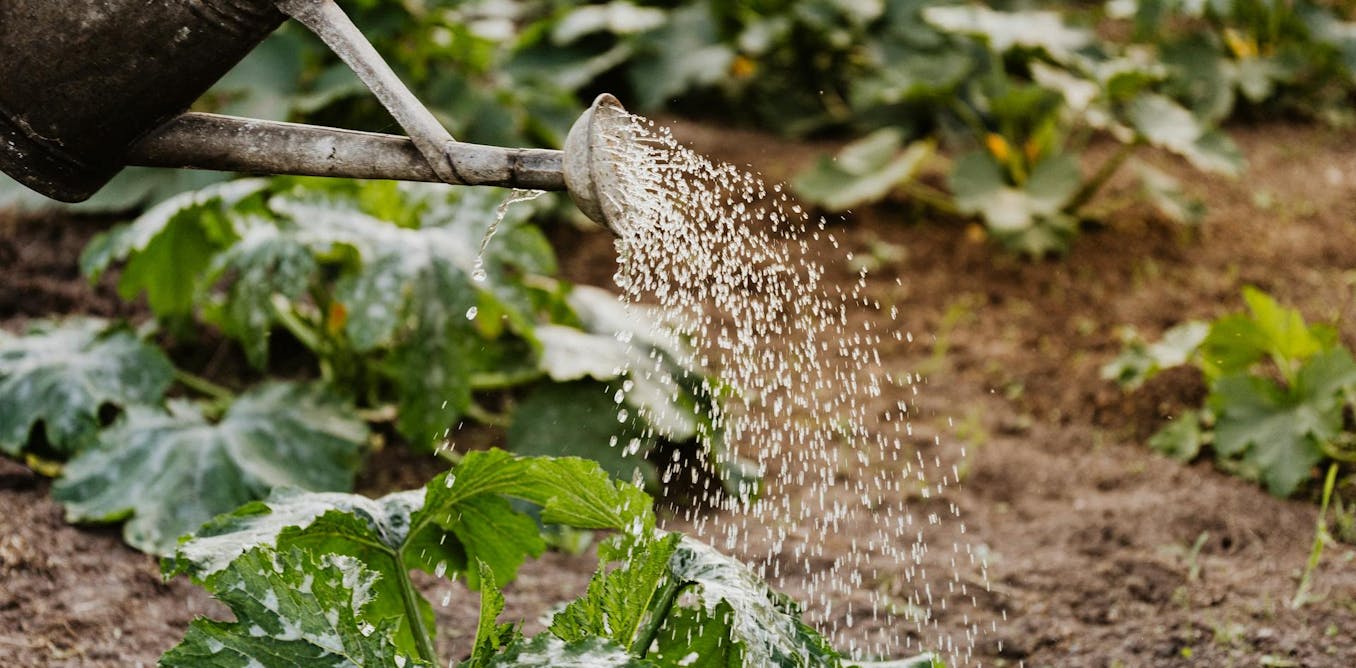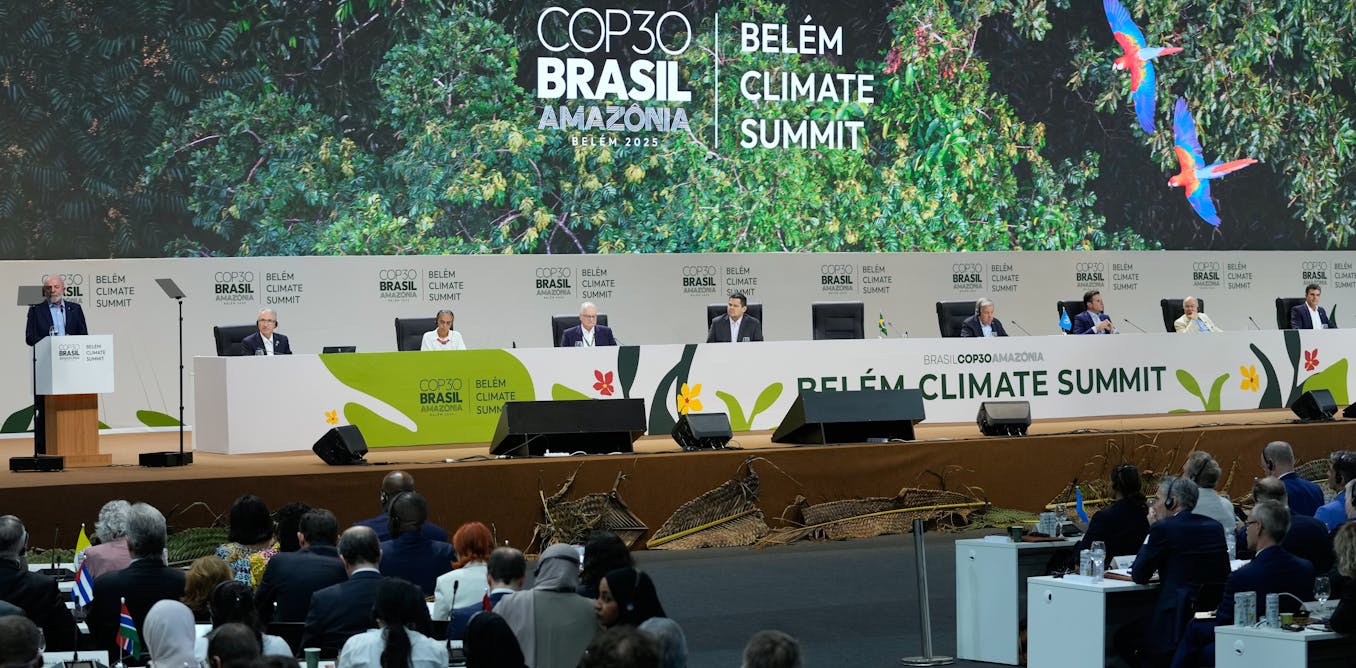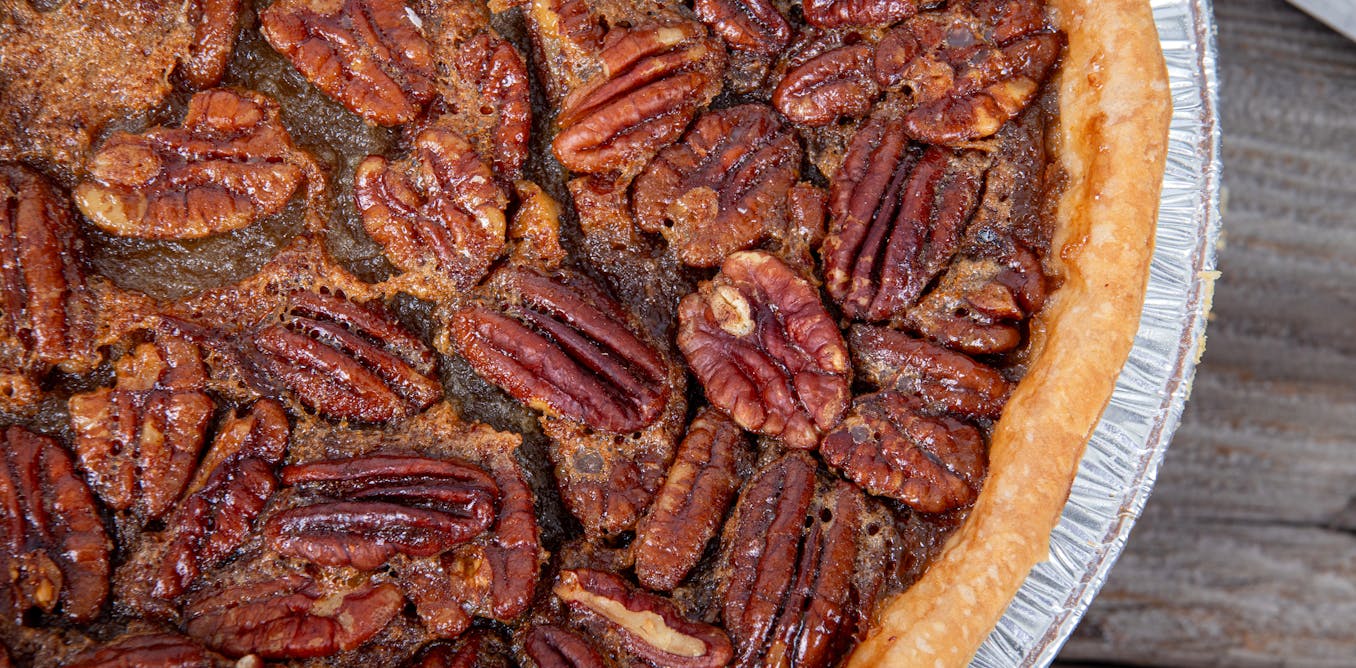The recent Supreme Court ruling on presidential immunity has sparked a heated debate among legal experts and politicians alike. In a 6-to-3 decision, the highest court in the land determined that former presidents are immune from criminal prosecution for their official duties, but not for unofficial acts. This decision has major implications for former President Donald Trump, who is currently facing federal charges in Washington, D.C. and state charges in Georgia for his alleged involvement in plotting to overturn the 2020 election results.
In addition to these charges, Trump also faces federal charges in Florida for allegedly keeping classified documents at his Mar-a-Lago resort after losing the election. The Supreme Court’s ruling means that Trump may be shielded from some of these charges, depending on whether they are considered official or unofficial acts. This has raised concerns among those who believe that no one, not even a former president, should be above the law.
The controversy surrounding this decision highlights the importance of having clear guidelines for holding public officials accountable for their actions, both during and after their time in office. As the legal battles continue to unfold, the American people are left questioning the true extent of presidential immunity and what it means for the future of our democracy.
Watch the video by Inside Edition
Video “Supreme Court Gives Some Presidential Immunity to Trump” was uploaded on 07/02/2024 to Youtube Channel Inside Edition






































